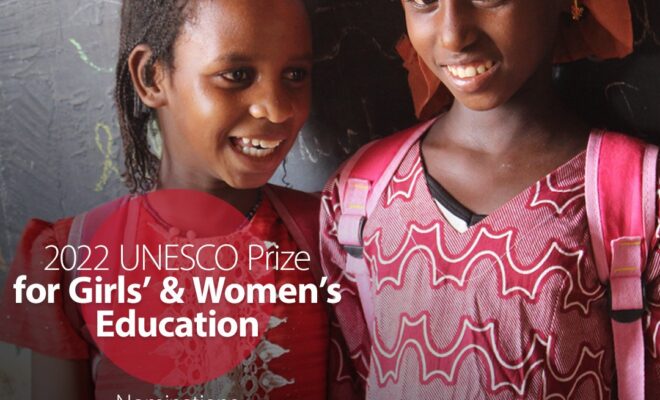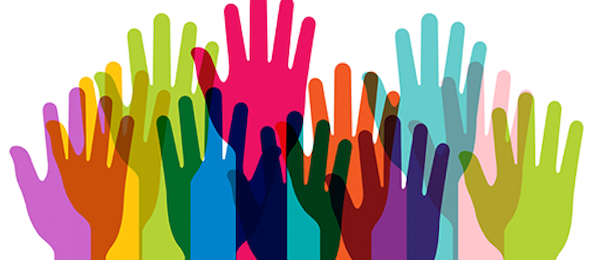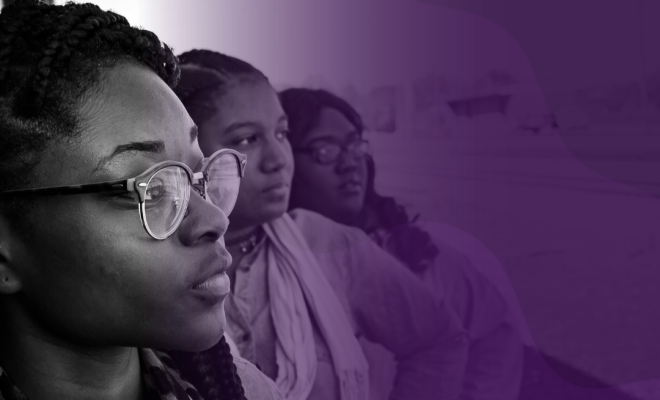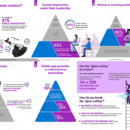What can Higher Education Institutions do to Eradicate Racism Internally and in their Societies? | Uraccan
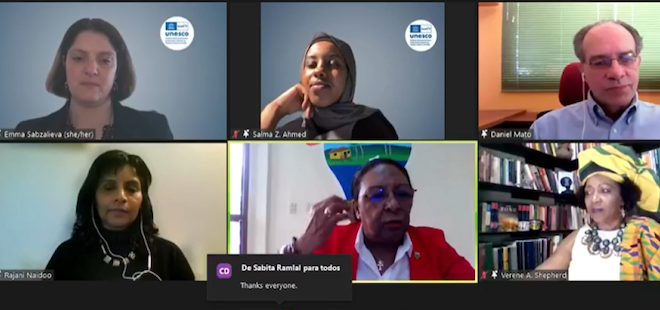
Contributions and historical struggle of Indigenous and Afro-descendant Peoples
By Juan Polanco | Published 2022-03-22
Within the framework of the International Day for the Elimination of Racial Discrimination 2022, the UNESCO International Institute for Higher Education in Latin America and the Caribbean (IESALC), the International Center for Higher Education Management (ICHEM) and the Race Equality Taskforce (RET) of the University of Bath, United Kingdom; the Universidad Nacional de Tres de Febrero (UNTREF), in Argentina; the Universidad de las Regiones Autónomas de la Costa Caribe Nicaragüense (URACCAN), and the University of the West Indies (UWI), held the webinar: What can Higher Education Institutions do to Eradicate Racism from within and in their Societies?
The event started with the participation of Dr. Daniel Mato, Principal Researcher at the National Council for Scientific and Technical Research (Conicet), Director of UNESCO Chair in Higher Education and Indigenous and Afro-descendant Peoples in Latin America, of UNTREF. He began his intervention by differentiating between the concepts of racism and racial discrimination, explaining that the former is an ideology and a regime of power and that, on the other hand, racial discrimination is the most obvious manifestation of the former.
An overview of racial discrimination and racism
According to Mato, the issue of geographical position, economic access, but also linguistic differences, are manifestations of these concepts for indigenous and Afro-descendant peoples who intend to enter or are entering Higher Education in Latin America. “Another form of racism is the exclusion of worldviews, languages, history, epistemology, knowledge systems, and learning modalities, from the curricula” he added.
For her part, Dr. Alta Hooker, Rector of URACCAN and coordinator of the Network of Indigenous Intercultural and Community Universities of Abya Yala (RUIICAY), shared her perspective on this issue. She focused her intervention on the main denominators of these concepts, such as “invisibility, denial, mythification, passivity and exclusion, that have great implications in the lives of indigenous and Afro-descendant peoples,” she noted.
Dr. Hooker also explained that it is essential for countries to recognize the presence of different populations that inhabit their territories, since “if it is not recognized that there are people who have other dreams and aspirations, there will be no public policies that respond to their needs ”, Hooker said, adding that racism leads to losing all the contribution that these people can make to development from their own initiatives, knowledge and wisdom, therefore, it has to form part of the Higher Education authorities’ political will.
Contributions and progress in the fight against discrimination and racism.
According to Daniel Mato, the advances in these processes of inclusion and recognition of the rights and voices of indigenous and Afro-descendant peoples are minimal, however he recognizes and highlights processes of recognition and contribution to Education in Latin America, giving special mention to the State’s recognition of the Intercultural Indigenous Autonomous University (UAIIN, Colombia) in 2018; the case of Nicaragua, with the URACCAN; and the Bluefields Indian & Caribbean University (BICU), which have brought about revisions in the university system.
In this sense, Rector Hooker shared some of her country’s experiences on the subject, explaining that the intercultural community universities in Nicaragua are life projects, and are organized to respond “to our dreams and aspirations, they are the ones that advocate for the construction of the path of inter-culturality”, she stressed; also adding RUIICAY’s experience which seeks to empower Afro-descendants, indigenous people and also mestizos in the approach of their ideas and contributions to this type of model.
“In these spaces we learn that alliances are important, because many times we close ourselves off and do not want to share our ideas, but alliances, negotiations and advocacy are essential for us to move forward,” said Hooker, also mentioning the participation in the Central American Black Organization (ONECA), where joint research is carried out to help position our own thoughts, “and to build the discourse of what it is that we want to position,” she added.
Towards the recognition and empowerment of peoples
Finally, both Hooker and Mato shared the need to retake and put into practice the agreements and functions of the declaration of the Regional Conferences on Higher Education (CRES, 2008 and 2018), for the strengthening, recognition, integration and empowerment of indigenous and Afro-descendant peoples. This motion was supported by Rajani Naidoo, UNESCO Chair in Higher Education Management and Vice-President (Community and Inclusion) at the University of Bath; and by Verene A. Shepherd, Professor Emerita of Social History at The UWI, and Director of the Centre for Reparation Research at The UWI. They also shared some processes experienced in their contexts that reflect the exclusion gap that exists towards indigenous and Afro-descendant peoples, but at the same time they highlighted the struggle and the contributions that these peoples have made to society.
Original note and photo – Uraccan: https://www.uraccan.edu.ni/noticias/que-pueden-hacer-las-instituciones-educacion-superior-para-erradicar-racismo-internamente
Related links:
Video: Webinar: What can HEIs do to eradicate racism? ¿Qué pueden hacer las IES para erradicar el racismo? – March 21, 2022
Video: Webinar: Racism in the Academy: Global perspectives on multiple forms of racism and struggles for equity – November 18, 2021
Notes: Higher education both fights and reproduces racism | La academia combate y reproduce el racismo al mismo tiempo
RELATED ITEMS

